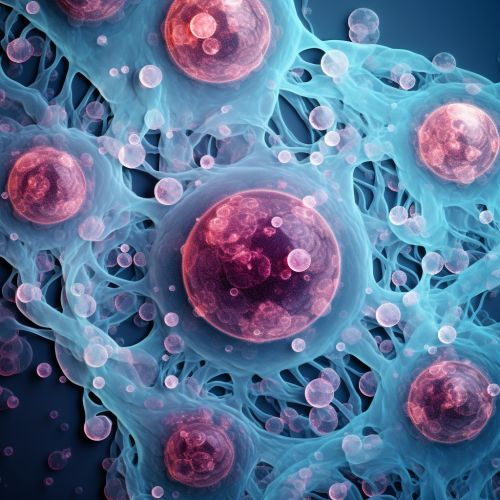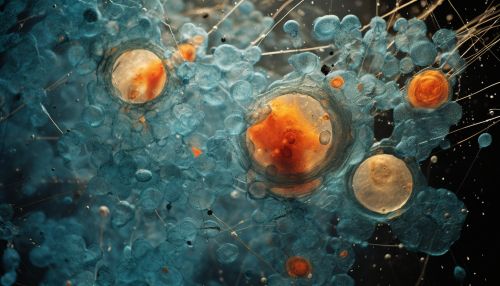The Role of Autophagy in Cancer and Neurodegeneration
Autophagy: An Overview
Autophagy is a cellular process that involves the degradation and recycling of cellular components. It is a vital mechanism for maintaining cellular homeostasis and responding to stress. Autophagy is characterized by the formation of double-membrane vesicles, known as autophagosomes, which engulf cellular components and deliver them to the lysosome for degradation.


Autophagy and Cancer
Autophagy plays a complex role in cancer, acting as both a tumor suppressor and a survival mechanism for cancer cells.
Autophagy as a Tumor Suppressor
In the early stages of tumorigenesis, autophagy can act as a tumor suppressor by maintaining cellular homeostasis and preventing the accumulation of damaged proteins and organelles, which can lead to genomic instability and the initiation of cancer. Mutations in autophagy-related genes have been associated with an increased risk of cancer, further supporting the role of autophagy as a tumor suppressor.
Autophagy and Cancer Survival
In established tumors, however, autophagy can promote cancer survival by providing cancer cells with the necessary nutrients and energy to survive in conditions of stress, such as hypoxia or nutrient deprivation. Autophagy can also promote resistance to chemotherapy and radiation therapy by helping cancer cells survive the damage induced by these treatments.
Autophagy and Neurodegeneration
Autophagy also plays a crucial role in the nervous system, where it helps to maintain neuronal homeostasis and function. Dysregulation of autophagy has been implicated in several neurodegenerative diseases, including Alzheimer's disease, Parkinson's disease, and Huntington's disease.
Autophagy and Alzheimer's Disease
In Alzheimer's disease, the accumulation of misfolded proteins in the brain is a hallmark of the disease. Autophagy is thought to play a role in the clearance of these proteins, and impaired autophagy has been observed in the brains of Alzheimer's patients.
Autophagy and Parkinson's Disease
In Parkinson's disease, mutations in genes involved in autophagy have been identified in familial forms of the disease. These mutations lead to impaired autophagy and the accumulation of damaged mitochondria and protein aggregates, which are thought to contribute to neuronal death in this disease.
Autophagy and Huntington's Disease
In Huntington's disease, a mutation in the huntingtin gene leads to the production of a toxic protein that aggregates in neurons. Autophagy is thought to play a role in the clearance of this protein, and impaired autophagy has been observed in models of Huntington's disease.
Therapeutic Implications
The complex role of autophagy in cancer and neurodegenerative diseases suggests that modulating autophagy could have therapeutic potential. In cancer, strategies to inhibit autophagy could potentially enhance the efficacy of chemotherapy and radiation therapy. In neurodegenerative diseases, strategies to enhance autophagy could potentially promote the clearance of toxic proteins and protect neurons from death.


